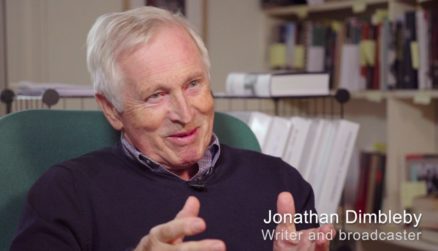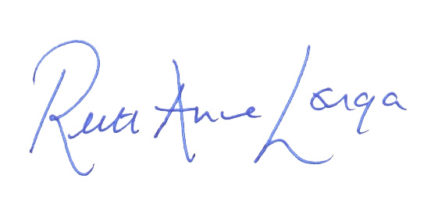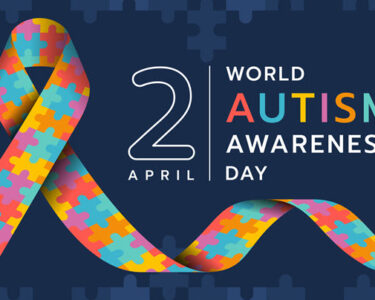This week, with the events in the US hitting our screens, we are reminded that whilst we battle the deadly Coronavirus another danger – a far more longstanding and rampant one, threatens our world. Racism is a pandemic too which multiplies, mutates, spreads fast, is deep rooted, pervasive and prevalent, everywhere. The news is deeply disturbing and I am sure many teachers are concerned that, unable to hold tutor group sessions in quite the same way as they would normally, their students will not be getting the usual space to open up conversations about the news, ask critical questions with their peers and try to make sense of this terrible reality.
Parents, cares and trusted adults, have, during lockdown played an important additional role in terms of education. In many cases they have been their child’s only teacher as well as everything else. Home schooling and supporting a child attend online classrooms is not easy on many fronts but some parents I have spoken to have found the challenge particularly rewarding. It has opened up for them opportunities to talk about subjects and issues that perhaps would not have been discussed before. So whether it is the shocking news events of this week, a period of history being studied in class via Zoom or other such topics, the opportunity for powerful cross generational learning and parent/child talk about the world and its challenges has, for some, unfolded.
 This brings me to this week’s offer from UCL as the ready-to-go lessons we have for you this week are well suited for engagement with and between parents, grandparents, teachers and students. Then and now: exploring the ‘Dimbleby Dispatch’ is aimed at KS3 students with guidance notes for teachers as well as parents. The lessons focus on an interview UCL conducted with journalist, author and broadcaster Jonathan Dimbleby whose famous father, Richard Dimbleby gave the iconic dispatch from Bergen-Belsen in April 1945. In the report, Richard Dimbleby took his listeners through the scenes of death, starvation and disease perpetrated by the Nazis on innocent human beings. The footage, images and descriptions left an indelible mark on our national consciousness and haunted generations that followed. The lessons and fascinating short film clips lend themselves to exploring the famous dispatch and the context of the Holocaust, and raises questions about the media and related issues today. The lessons can open-up space for precious learning dialogue with grandparents and elderly neighbours/family friends (albeit at a safe 2 metre distance). Talking about disturbing past events and issues today, can be hard, be we hope these materials will stimulate discussion, questions, thinking and sharing together, and support media literacy and critical thinking today and in the future.
This brings me to this week’s offer from UCL as the ready-to-go lessons we have for you this week are well suited for engagement with and between parents, grandparents, teachers and students. Then and now: exploring the ‘Dimbleby Dispatch’ is aimed at KS3 students with guidance notes for teachers as well as parents. The lessons focus on an interview UCL conducted with journalist, author and broadcaster Jonathan Dimbleby whose famous father, Richard Dimbleby gave the iconic dispatch from Bergen-Belsen in April 1945. In the report, Richard Dimbleby took his listeners through the scenes of death, starvation and disease perpetrated by the Nazis on innocent human beings. The footage, images and descriptions left an indelible mark on our national consciousness and haunted generations that followed. The lessons and fascinating short film clips lend themselves to exploring the famous dispatch and the context of the Holocaust, and raises questions about the media and related issues today. The lessons can open-up space for precious learning dialogue with grandparents and elderly neighbours/family friends (albeit at a safe 2 metre distance). Talking about disturbing past events and issues today, can be hard, be we hope these materials will stimulate discussion, questions, thinking and sharing together, and support media literacy and critical thinking today and in the future.
On another note, it has been wonderful to receive such positive feedback from teachers to our online CPD offers including Authentic encounters with the Holocaust: A starting point for teachers. This is a different version from the original face to face one so even if you have seen one of our team model this lesson, it is well worth taking this course to see how the story of Auschwitz survivor, Leon Greenman, his murdered wife Else and baby son Barney can be explored through digital learning and from the online functionalities we have built. Please keep your valuable feedback coming.
Finally, next week, UCL will be participating in the first of a series of online symposia on Teaching and Learning about the Holocaust in the UK.
As part of the discussion we will be reflecting on a recent publication produced by The International Holocaust Remembrance Alliance (IHRA): Recommendations for Teaching about the Holocaust.
Do join us.
Stay safe and be well.

Ruth-Anne Lenga
Programme Director



